While the refugee crisis has exposed the ugly side of political violence in Germany, the same crisis has prompted increased collaboration between Serbs and Croats, two historical foes. However, we’ve already seen the potential danger for logjams as migrants make their away across the Balkans. Should migrants become stalled in their efforts to cross Europe, more impromptu cities such as the one in Calais – with all the dangers and horrors therein – may emerge. While countries across the EU struggle to find a cohesive strategy in the face of these challenges, criminal syndicates are exploiting the “cash bonanza” presented by the chaos.
Anti-terrorism police in Turkey have arrested nearly two dozen individuals with links to ISIS in the past week. Additionally, the recent arrest in Madrid of three Moroccan nationals – with supposed intergroup links to ISIS – further stoke European fears of terrorist infiltration via the migrant crisis. However, domestic politics may have gained more attention in Spain this week as tens of thousands marched against “macho terrorism” in support of greater legal protection for domestic abuse victims. And in efforts to stem the flow of Europeans into jihadist groups, some interesting strategies have been initiated by a French anthropologist.
In Africa, President Nkurunziza’s tactics have become increasingly belligerent and dangerous, with mysterious deaths and kidnappings a common occurrence since elections. The UN has formally denounced the “inflammatory rhetoric”, which the International Crisis group has deemed eerily similar to language used in the run-up to the 1994 Rwandan genocide. As the tension grows, analysts and foreign experts suggest that the country may be nearing the brink of explosive violence. Adding to the potential threat is emerging violence in neighboring Democratic Republic of Congo as well as the Central African Republic. These cases suggest that the “constitutional coup” may have overtaken military coups as the preferred method of autocratic entrenchment in Africa.

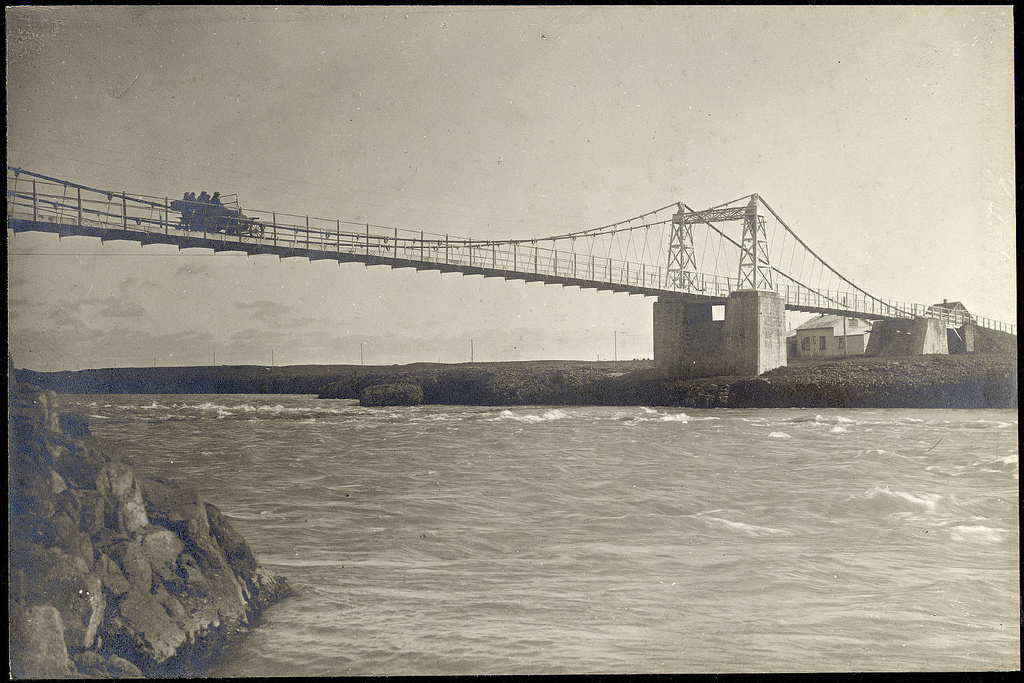
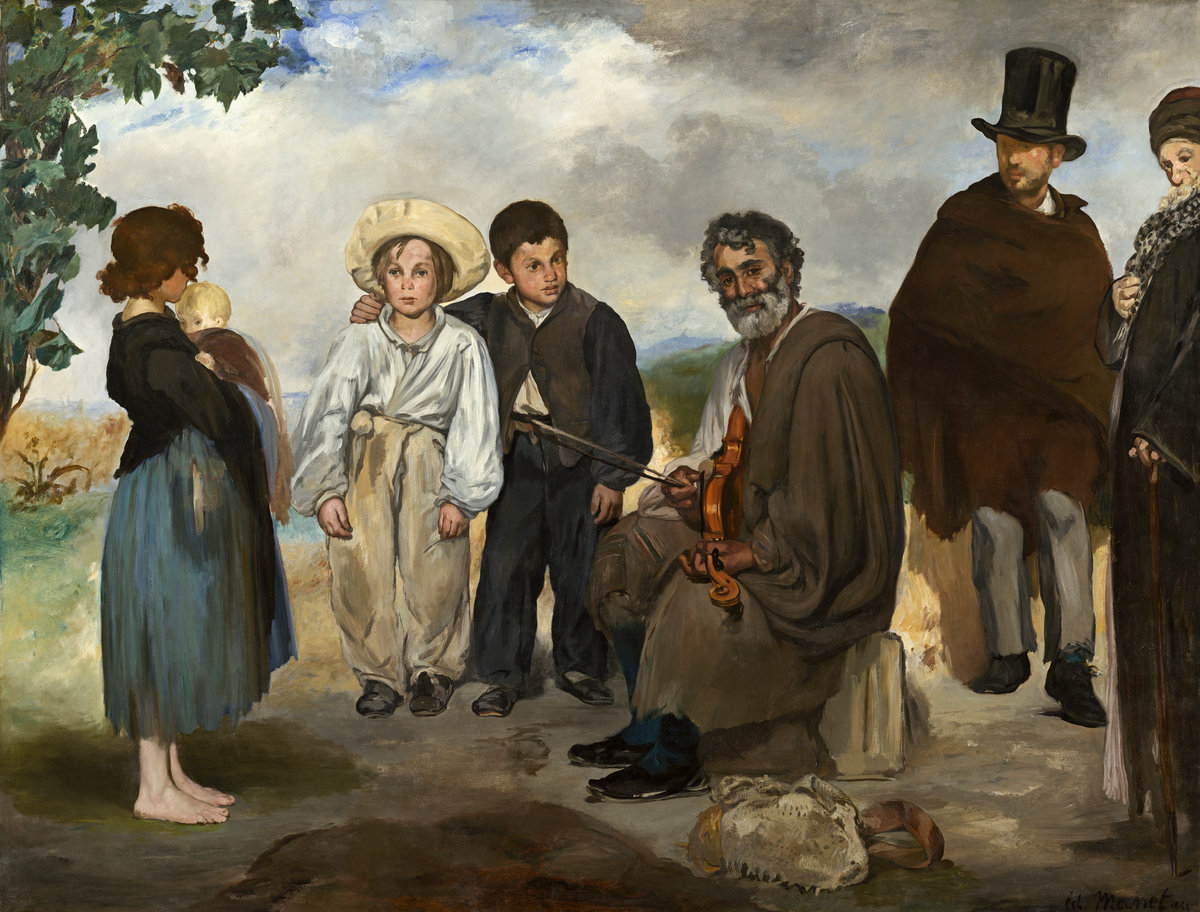

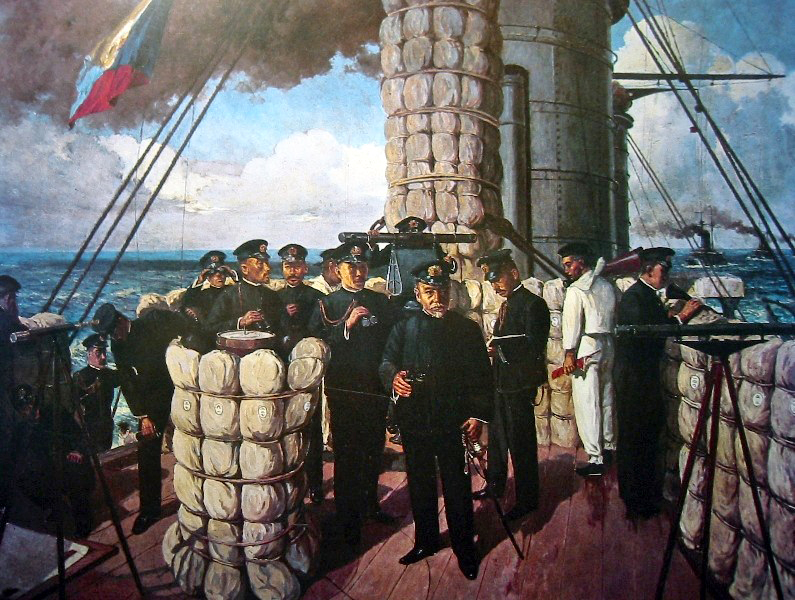

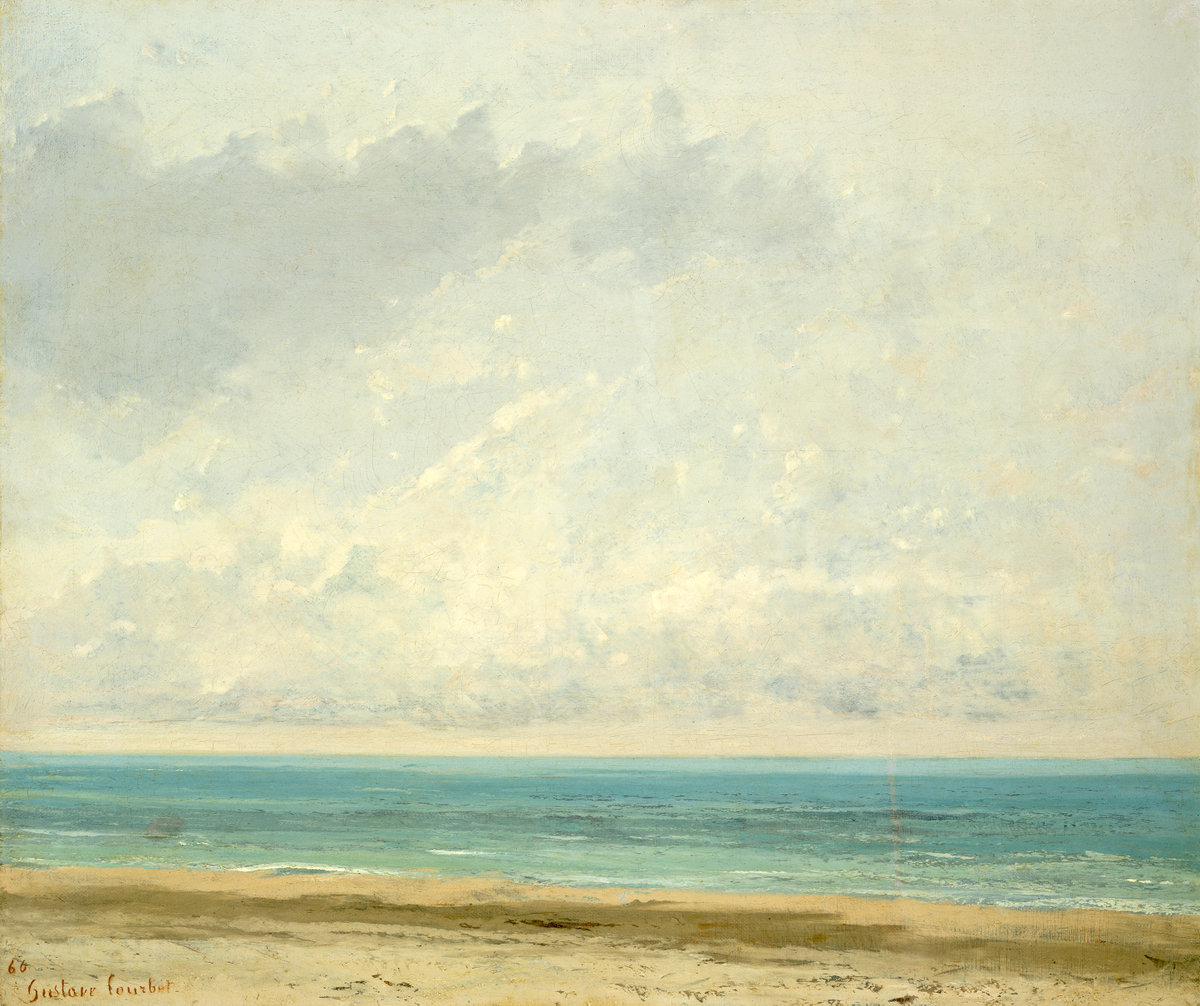
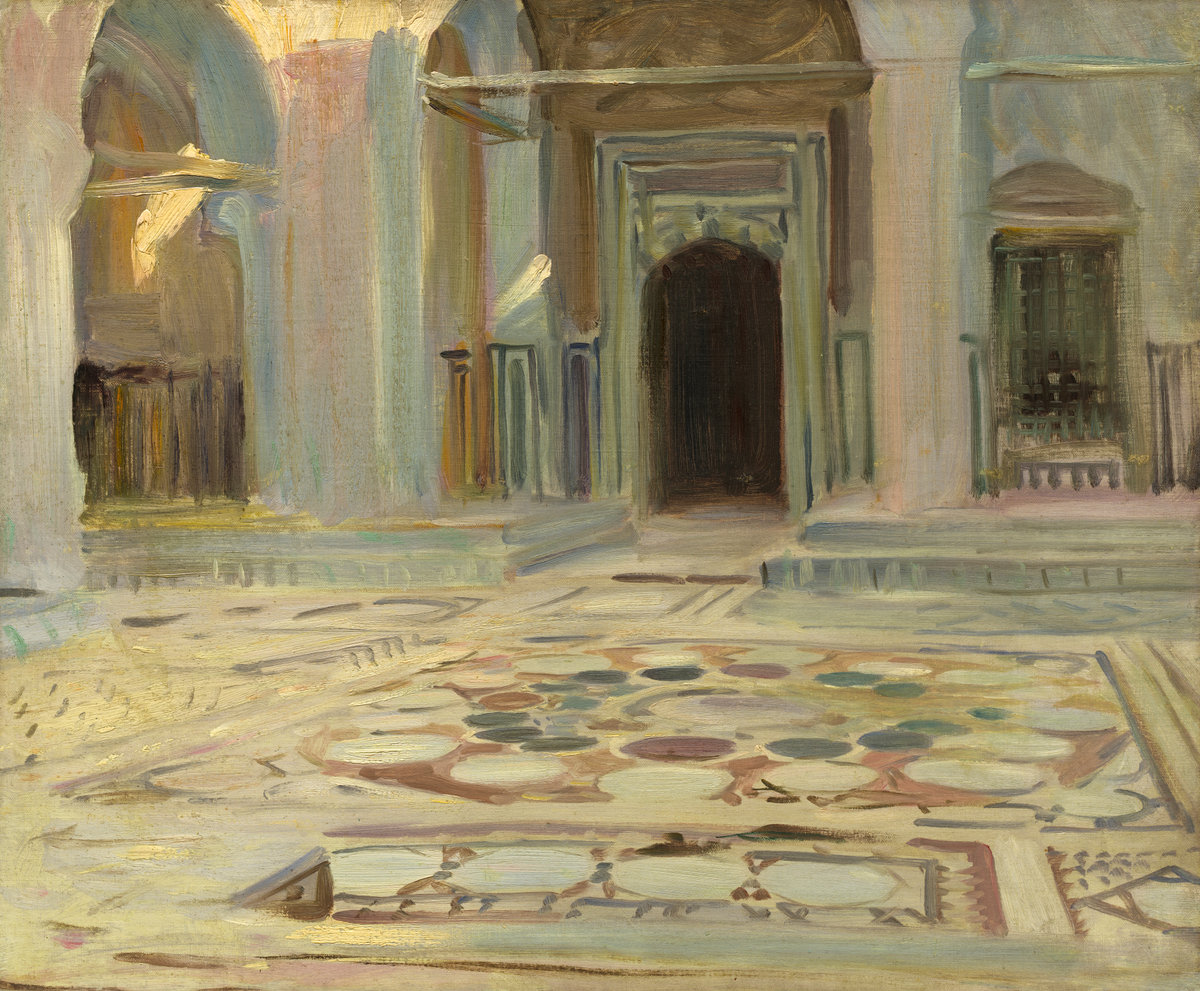
2 comments